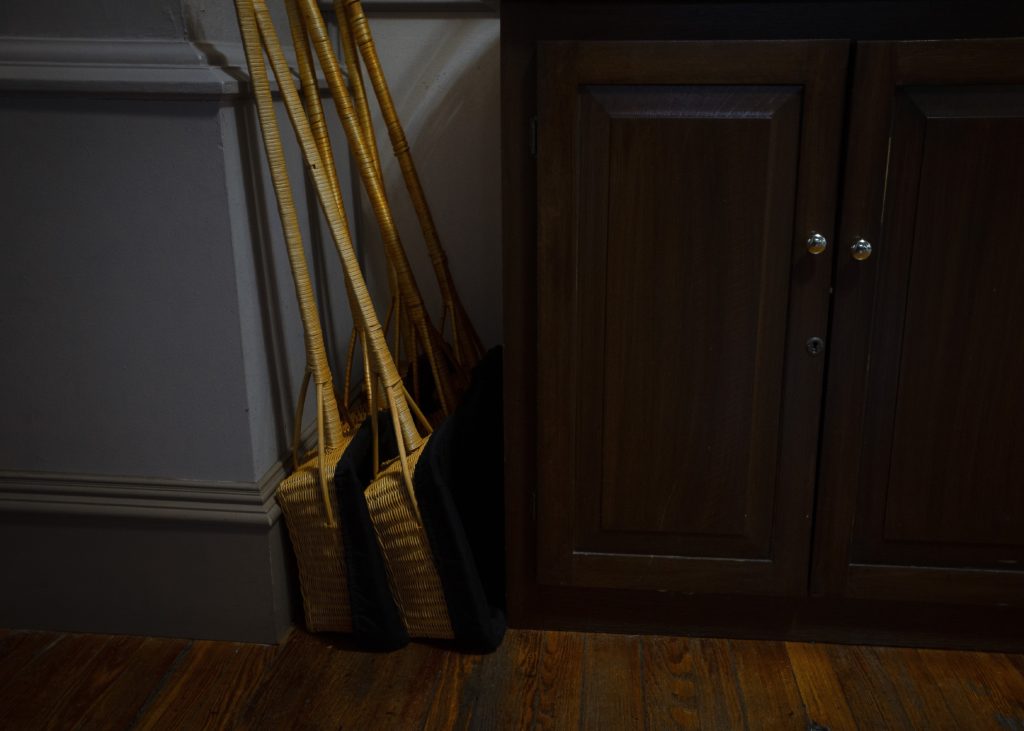The work supported by the Catholic Campaign for Human Development, the U.S. bishops' domestic anti-poverty campaign, "is empowering communities to build resilience and stand in solidarity with their most marginalized members," said Auxiliary Bishop David G. O'Connell of Los Angeles.
"Whether it is assisting a family to gain access to affordable housing or facilitating dialogue among members of a local community and law enforcement, CCHD is an essential part of the church in the United States' social mission," he said.
Bishop O'Connell made the remarks in a Nov. 1 statement as chairman of the U.S. Conference of Catholic Bishops' CCHD subcommittee.
The annual special collection for CCHD will be taken during Masses the weekend of Nov. 12-13 at most U.S. parishes.
It coincides with the annual World Day of the Poor Nov. 13. The special day is marked each year on the 33rd Sunday of Ordinary Time. The theme for this year's observance is: "For your sakes Christ became poor."
Established by the U.S. bishops more than 50 years ago, CCHD's mission continues "to empower people most impacted by economic and social injustice in the United States to advocate for better communities," said a USCCB news release announcing the dates of the collection.
"CCHD responds to the call to accompany our brothers and sisters experiencing poverty," the release said, quoting from Pope Francis' message for what is the sixth World Day of the Poor: "Where the poor are concerned, it is not talk that matters; what matters is rolling up our sleeves and putting our faith into practice through a direct involvement, one that cannot be delegated."
CCHD grants are awarded to community groups that typically train residents of neglected neighborhoods to become leaders who help others determine their community's most pressing problems and work for solutions.
For example, seven dioceses in Arizona, California, Nevada and Texas engaged in an initiative, "Recognizing the Stranger," where 700 immigrant parishioners were mentored to become social and pastoral leaders.
These new leaders in turn facilitated conversations between members of the community and local law enforcement.
According to the USCCB, this dialogue resulted in three police departments agreeing to honor parish identification cards for those lacking government identification. The cards eased community tensions and led to a surge in parish registrations by Catholics "who had previously stayed in the shadows," it said.
Grounded Solutions Network, another recent CCHD-grant recipient, assisted community land trusts from Baltimore to Nevada and California to help people become homeowners in stable and safe communities.
"Whether it is assisting a family to gain access to affordable housing or facilitating dialogue among members of a local community and law enforcement, CCHD is an essential part of the church in the United States' social mission," Bishop O'Connell said.
In 2021, CCHD distributed more than $12.7 million to over 200 groups across the United States that are addressing the root causes of poverty and empowering people who are most vulnerable.
In addition to supporting grassroots anti-poverty efforts around the country, 25% of the national collection remains in the local diocese to address the root causes of poverty locally.
"I wish to express my gratitude to those who have given to this national collection and invite you to continue supporting this important work by giving generously this year," the bishop added.
More information about CCHD and the national collection is available at https://bit.ly/3Upjpu1. Also, #iGiveCatholicTogether accepts funds for the CCHD collection.

